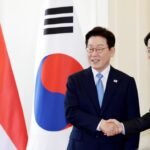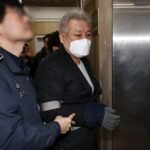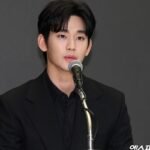KT&G’s office tower in Bundang, Seongnam on sale (File photo by KT&G)
KT&G Corp., the world’s fifth-largest tobacco maker, is set to sell an office tower in South Korea to a local asset manager for an estimated 120 billion won ($90 million) to restructure its real estate business amid the sluggish domestic property market.
KT&G selected Seoul-based Pebblestone Asset Management Co. as a preferred bidder to sell the building in Bundang, the largest and most populous district of Seongnam, a major city in the greater Seoul metropolitan area, according to investment banking industry sources on Thursday.
Pebblestone founded by Terry Hwang, former CEO of Deutscher Asset Management Korea Ltd., in 2016 currently manages some 4 trillion won in assets
The South Korean tobacco maker bought the 12-story office tower with six floors underground near Pangyo, the so-called Silicon Valley of South Korea, from Seoul-based Richmond Asset Management Co. for 68.5 billion won in 2018.
RESTRUCTURING
KT&G is reshuffling its real estate business with a plan to restructure inefficient assets, given the sustained weakness in the domestic property market. The company is considering the sale of another office tower in downtown Seoul.
The revenue from its property business made up only 9.4% of total sales in the first half of this year, down from 12.9% in 2021.
KT&G had spent cash earned from its tobacco business on the real estate business in the 2010s.
The company developed residential complexes in idle lands for tobacco factories and invested in major shopping malls such as Starfield operated by the retail giant Shinsegae Group, while purchasing office buildings in Seoul.
By Byeong-Hwa Ryu
hwahwa@hankyung.com
Jongwoo Cheon edited this article.















